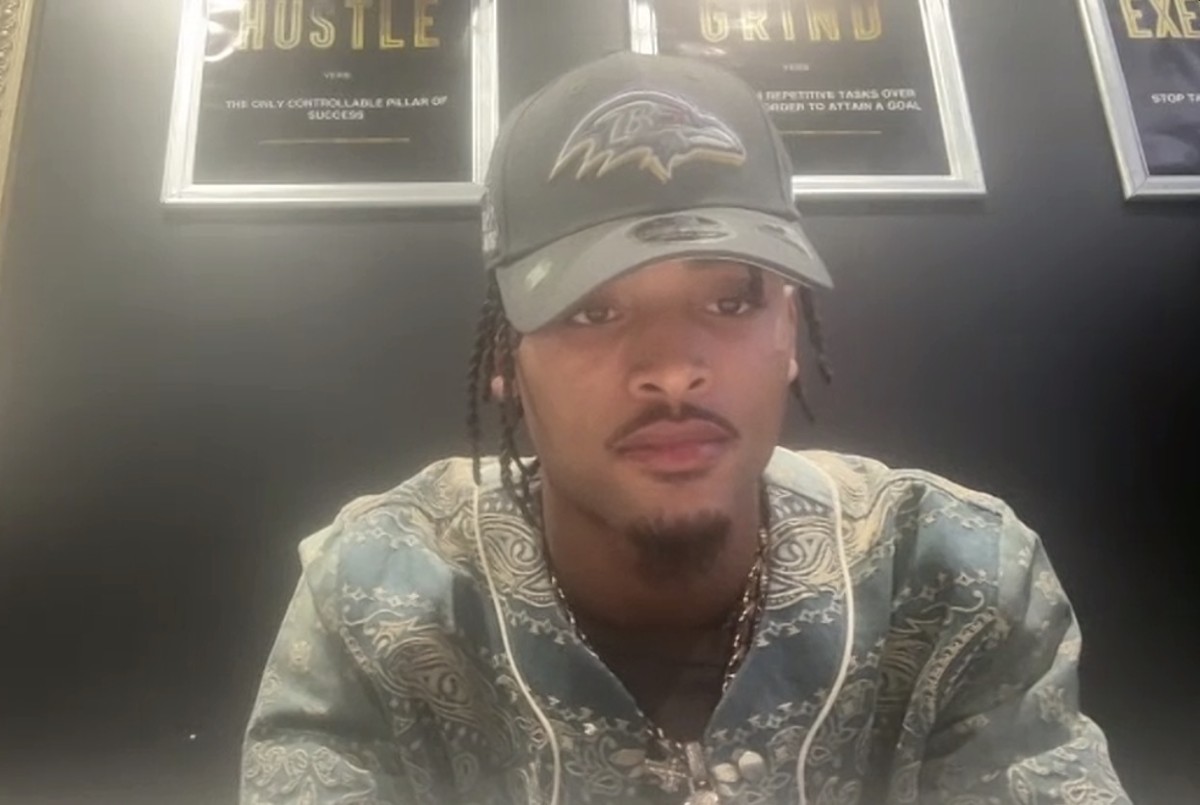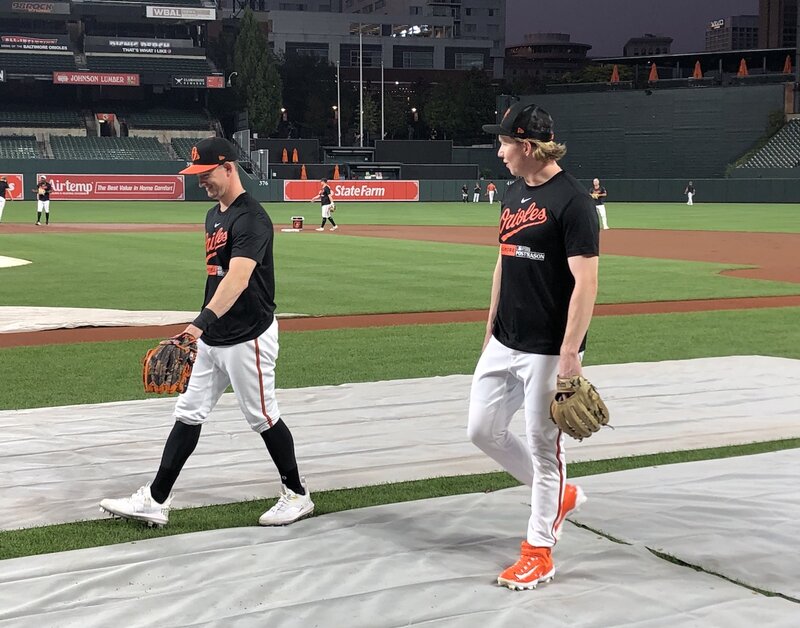game in Jacksonville, Ripken walked into Ray Miller’s office and told him the immortal streak was over.
The Orioles punctuated a 79-83 season with a 2-11 finish in 1998. General manager Pat Gillick walked out the door before the Yankees won their second World Series title in three seasons by sweeping the San Diego Padres, who were constructed by former Orioles C.E.O. Larry Lucchino and a cast of former Baltimore scouts and front office employees.
Angelos was forced to watch Steinbrenner get another trophy while watching the executive he forced out beat him to the World Series in the outpost baseball town of San Diego, where Lucchino was getting a new downtown stadium erected in the style of Camden Yards. Meanwhile, the envy with the Yankees worsened every year. Their farm system had produced Derek Jeter, Mariano Rivera, Andy Pettite, Bernie Williams and Jorge Posada and the money that their winning empire was throwing off was an avalanche of cash that could once again buy the best players in the sport – just like when Steinbrenner dominated the early era of 1970s free agency because his fans and market had the money to support buying the best players.
Oh, and Steinbrenner wanted to win. Money was no object in The Bronx and certainly not a deterrent as it was for most MLB clubs, who spiraled in the red after the 1994 work unrest and stoppage. And under the leadership of Brian Cashman and the field leadership of manager Joe Torre, Steinbrenner was back in the spotlight holding MLB’s Commissioner’s Trophy.
Meanwhile, the Orioles and Angelos were broken.
Despite Ray Miller’s absolute overwhelm with the manager’s seat that was apparent to many around the team, Angelos didn’t see it that way. He had already changed managers three times for far less but he was fully supportive of Miller during the strife of 1998 because he was handpicked. In many cases, the outward criticism of Johnny Oates and Davey Johnson (but strangely, not so much Phil Regan) was replaced by votes of confidence and public support for Miller.
Any criticism of Miller was almost a criticism of him, it seemed Angelos felt at the time. Angelos routinely gave all credit to the 1997 team’s success to Miller because he felt the pitching was the key to the Orioles going wire-to-wire, plus it was another way to discredit Davey Johnson. Three separate times during the limp 1998 season Angelos found reporters to issue a “vote of confidence” for Ray Miller.
Meanwhile, Gillick, who had refused to even speak with Angelos during the summer of 1998 and instead allowed assistant general manager Kevin Malone to be the emissary, walked out of The Warehouse on Oct. 18 and seemed delighted to be leaving the Orioles while fully honoring his three-year, $2.4 million commitment. Malone had announced his resignation in early September when he accepted the GM job of the Los Angeles Dodgers. Gillick never openly criticized Angelos on the way out but made it clear he had plenty of baseball left in him.
“I’m not going to retire. I’ll keep saying it: I’m not going to retire,” Gillick told The Sun. “I’m not tired of doing this but there aren’t a lot of these positions available. If I don’t want to retire and I want to do something else, I’m probably going to have to take a lesser position.”
Six days later, Angelos and a committee comprised of his lawyers and sons tabbed Florida Marlins assistant general manager Frank Wren to be the new GM of the Orioles. Wren, a hot commodity who had put together an impressive five-year plan for Angelos (and reportedly had instant rapport with the Orioles’ owner), was recommended initially by Ray Miller, who sought input from his former





























